Seasonal Demand Fluctuations
Seasonal variations in demand for perishable goods significantly impact the refrigerated truck-rental market. In Germany, certain times of the year, such as holidays and summer months, see spikes in demand for fresh produce and other temperature-sensitive items. Businesses often face challenges in managing their logistics during these peak periods, leading to increased reliance on rental services. The ability to scale operations quickly without the long-term commitment of purchasing vehicles makes renting an attractive option. This dynamic suggests that the refrigerated truck-rental market will continue to thrive as businesses seek to navigate seasonal demand fluctuations effectively.
Increasing E-Commerce Activities
The rise of e-commerce in Germany has led to a surge in demand for refrigerated truck-rental services. As online grocery shopping and food delivery services expand, businesses require reliable temperature-controlled transportation to maintain product quality. The refrigerated truck-rental market is experiencing growth as companies seek to meet consumer expectations for fresh and safe food delivery. In 2025, the e-commerce sector in Germany is projected to reach approximately €100 billion, indicating a robust market for refrigerated logistics. This trend suggests that businesses are increasingly turning to rental services to manage fluctuating demand without the burden of owning a fleet, thereby driving the refrigerated truck-rental market.
Urbanization and Last-Mile Delivery Needs
The ongoing urbanization in Germany is reshaping logistics and transportation needs, particularly in urban areas where last-mile delivery is critical. The refrigerated truck-rental market is adapting to these changes as businesses seek efficient solutions for delivering temperature-sensitive products in densely populated regions. Urban centers are experiencing increased demand for quick and reliable delivery services, which often require specialized refrigerated vehicles. This shift indicates a potential growth area for the market, as companies look to rental options that can provide flexibility and scalability in their operations. The refrigerated truck-rental market is likely to benefit from this trend as urban logistics continue to evolve.
Technological Integration in Fleet Operations
The integration of advanced technologies in fleet operations is transforming the refrigerated truck-rental market. Innovations such as GPS tracking, temperature monitoring systems, and route optimization software enhance operational efficiency and ensure product integrity during transport. Companies are increasingly seeking rental services that offer these technological advancements, as they provide real-time data and improve decision-making processes. This trend indicates a shift towards more sophisticated logistics solutions, where businesses prioritize efficiency and reliability. As technology continues to evolve, the refrigerated truck-rental market is likely to expand, driven by the demand for modernized fleet management solutions.
Regulatory Compliance and Food Safety Standards
Germany's stringent food safety regulations necessitate the use of refrigerated transport for perishable goods. The refrigerated truck-rental market is influenced by the need for compliance with these regulations, which mandate specific temperature controls during transportation. Companies that fail to adhere to these standards risk penalties and damage to their reputation. As a result, businesses are more inclined to rent refrigerated trucks that are equipped with the latest technology to ensure compliance. The market is likely to see an increase in demand for rental services that can provide vehicles meeting these regulatory requirements, thereby enhancing the overall growth of the refrigerated truck-rental market.


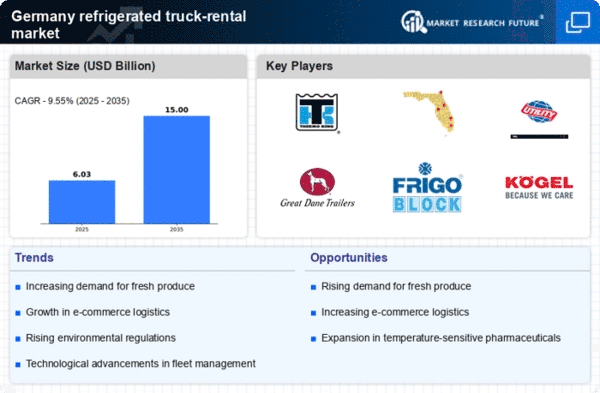

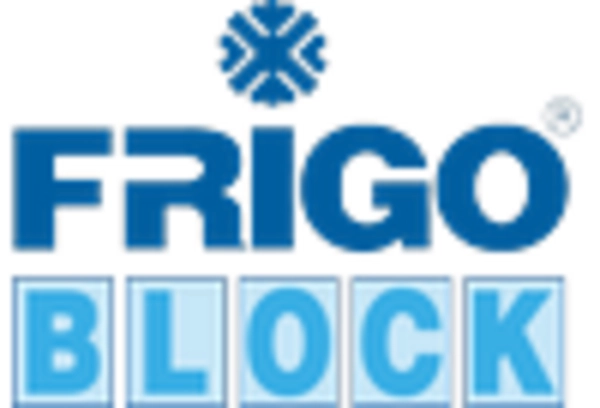
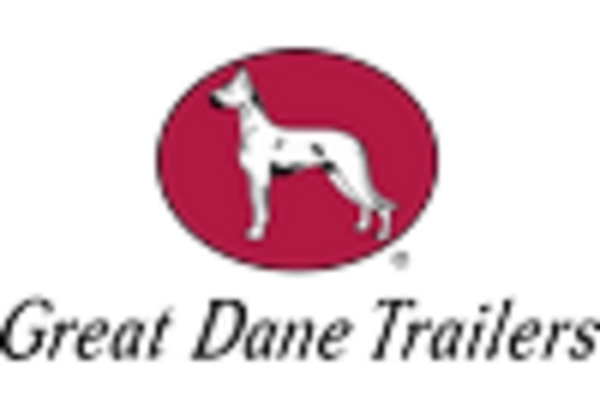
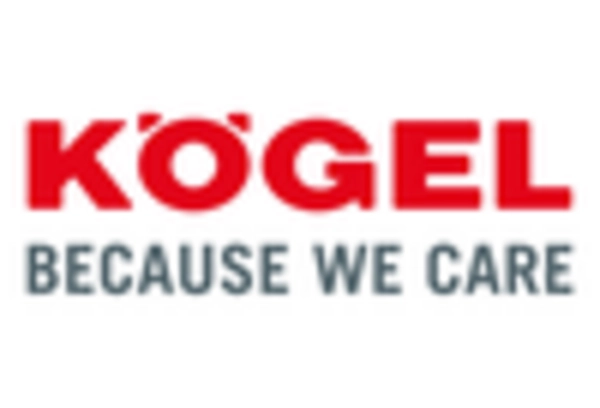
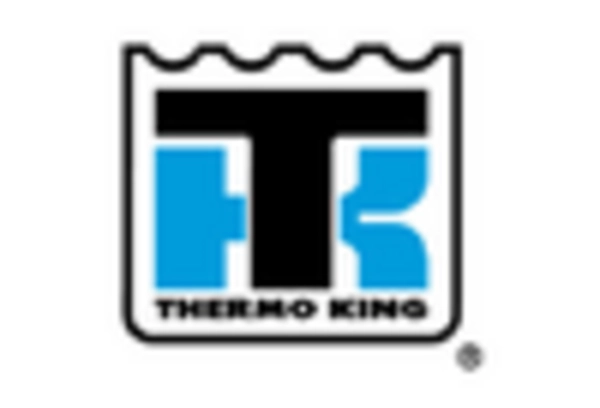









Leave a Comment